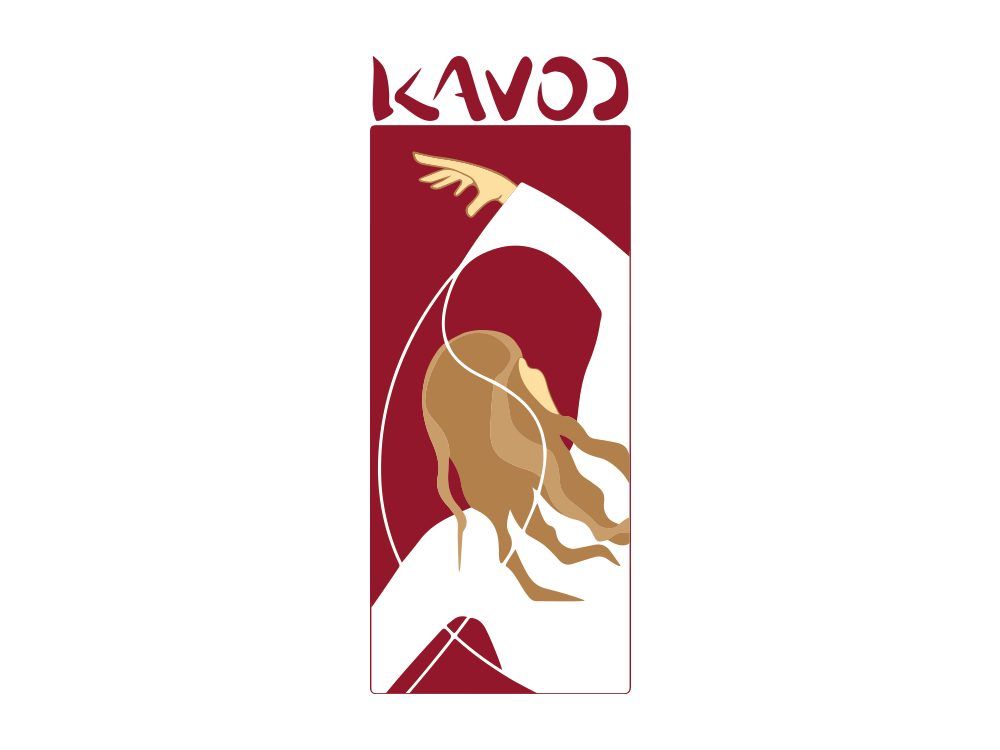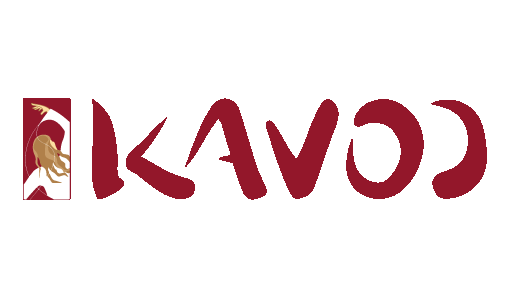Holistic help for victims of sexual exploitation
Forced
Prostitution

Human Trafficking and Forced Prostitution
Human trafficking is a serious crime and constitutes a violation of human rights. This criminal offence goes beyond the buying or selling of another human being. A list put together by the Austrian National Action Plan for Combatting Human Trafficking states that if a person aims to exploit another, by using ‘illegal means’ in recruiting that person, giving them accommodation, offering them or passing them on to a third party, then this action then the person doing these things makes themselves liable to prosecution for human trafficking. (The term ‘illegal means’ refers to violence, threats of violence and deception.)
The whole point of human trafficking is to exploit those being trafficked. This exploitation may comprise:
- prostitution or other forms of sexual exploitation
- forced labour or servitude
- slavery or practices closely related to it, such as serfdom
- the removal of organs.
79% of all cases of human trafficking are cases of sexual exploitation, the most widespread form of human trafficking in Europe.
Currently around 40.3 million people are caught up as victims of this modern version of slavery. Of these, around 25 million are exploited for their labour and another 15.4 million are victims of forced marriage.
For every thousand people worldwide, 5.4 are affected, both men and women. However, the large majority of victims (c 71%) is female.
Of all victims, 30.2 million are over 18 years of age. This means that more than 10 million trafficking victims are minors.
In Europe there are around 1 million female sex workers.
There are four contrasting legal approaches to prostitution across Europe. A correlation exists between these approaches and the number of victims in the respective countries.
In Germany, often called ‘the brothel of Europe’, just as in the Netherlands, prostitution is not against the law. These countries have the highest number of reported cases of sexual exploitation.
In Austria, self-employment in prostitution is the legal position. This means that any person engaged in prostitution may not be employed by anyone to carry this out. (This is also the case in Germany.) Asylum seekers in Austria are not allowed to work regular jobs as employees, but they are allowed to work in prostitution, classified as ‘newly self-employed’. In this way human traffickers take advantage of Austrian laws.
The third variant is the legal grey area, which exists for example in Romania and Bulgaria. Prostitution is not against the law there, but its limits aren’t clear: it’s as though prostitution was legal and illegal at the same time.
Fourthly, there is the Nordic Model, introduced in Norway and Sweden. In these countries it is the prostitutes’ customers who are liable for prosecution, and not the prostitutes themselves, who are actively offered exit help. Since the implementation of this law in Norway and Sweden there has been a clear drop in the number of cases sexual exploitation and trafficking.
Austria is affected by human trafficking, both as a transit route and as a destination. The most common form of human trafficking here is for purposes of sexual exploitation, although there are also cases of forced labour, forced begging, exploitation through the commitment of criminal acts and the trafficking of children. Most people who have been identified as victims of trafficking come from eastern Europe. The second and third most common areas of origin are Africa (especially Nigeria) and Asia (especially China). Of the European sexual exploitation victims, most of those come from Romania. Local NGOs and victim protection institutions deal with up to 350 victims annually.
There are of course many additional cases that remain unreported.
TASK FORCE AGAINST HUMAN TRAFFICKING
http://www.stoppsexkauf.at/wp-content/uploads/2021/06/People-in-Prostitution_-Studie-ueber-die-Lebensumstaende-in-der-Prostitution-.pdf
https://www.stopthetraffik.org/about-human-trafficking/the-scale-of-human-trafficking/
https://www.unodc.org/documents/publications/TiP_Europe_EN_LORES.pdf
http://www.stoppsexkauf.at/wp-content/uploads/2021/06/People-in-Prostitution_-Studie-ueber-die-Lebensumstaende-in-der-Prostitution-.pdf
https://www.bmeia.gv.at/fileadmin/user_upload/Zentrale/Aussenpolitik/Menschenrechte/Nationaler_Aktionsplan_2018-2020.pdf?fbclid=IwAR0PPIv0j6ZMOnIayhx8-8km5uJ0bCpH0cklepCDuu2xY7tQ0AHers1Qs1g
https://www.unodc.org/documents/publications/TiP_Europe_EN_LORES.pdf
https://www.parlament.gv.at/PAKT/PR/JAHR_2015/PK0743/


